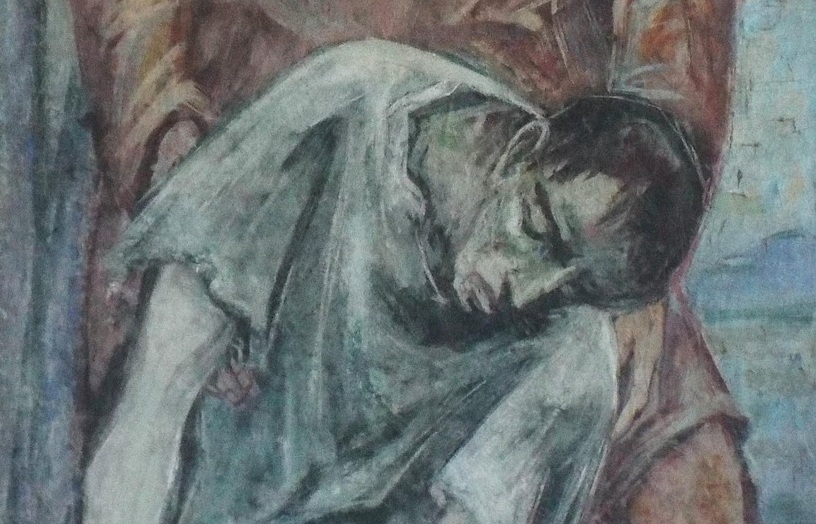What does it mean to take up the cross?
We must, Jesus said, otherwise we cannot be his disciples. But what does it mean? This is the hard and confusing sell of the Gospel, that bit Jesus’s marketing team (if he had one) would have cut out. Crosses? No thanks. But we must, Jesus said. It’s non-negotiable. No cross, no Christianity.
But still, what’s the cross for us? In this passage from Luke 14:25-33, taking up one’s cross means the renunciation of possessions. Is that what it means? The embrace of voluntary poverty? For some, for more than you’d think, perhaps yes. But what does such an act mean intrinsically? It means the embrace of vulnerability and suffering, the renunciation of power. This is what Jesus did. He had no worldly possessions to begin with, but he did have power. Jesus is the preexistent Almighty, yet he took the form of a servant, of a lamb led to slaughter. That’s what Jesus’s cross looked like, kenosis.
For us, though, it looks slightly different: the renunciation of that in which we feel and exercise power, the instrumentalities of our pride. That’s what Jesus means by asking us to take up our crosses and follow. He’s asking us to renounce our pride and power, embracing instead humility and servanthood—even when it brings suffering, even death.
But why? This is the mystery of the cross: that in divesting ourselves of power, we make room for the power of God. Why the cross? The answer is resurrection. This is the alleluia echo of all our suffering and hardship, the reward for standing up for truth and justice, for putting up with all the pain that comes with it. Renouncing our own power, relying on God’s power instead: this is the deeper meaning of the cross. It’s what must come before the resurrection. Which is beautiful and bliss and eternity in light. Which is why he gives us the cross—for the gift that comes after.
Find your cross. Renounce your power and call on God. Give up your power, and he’ll give you his.










